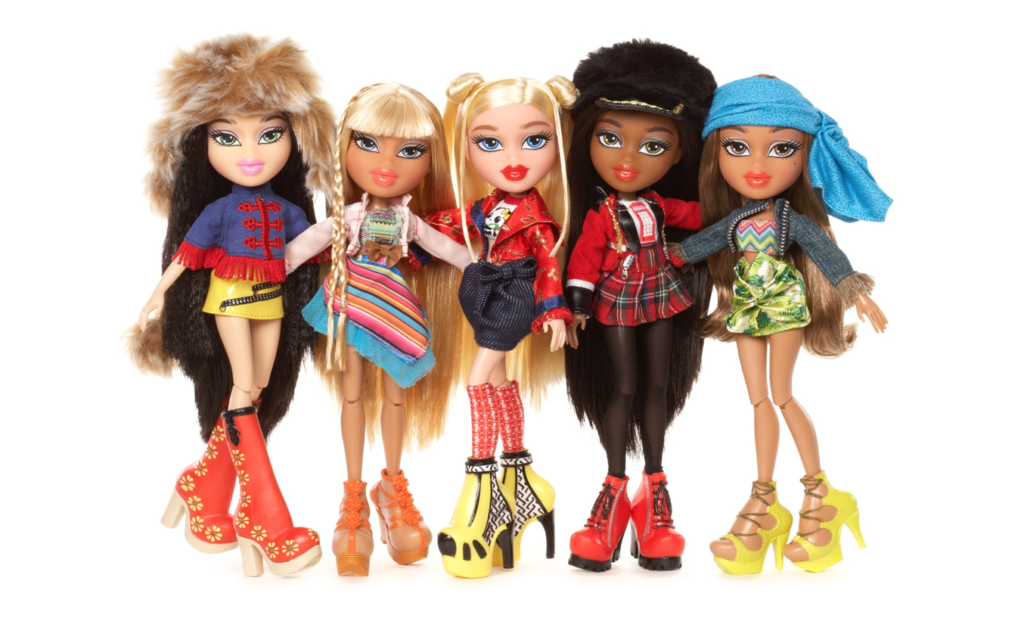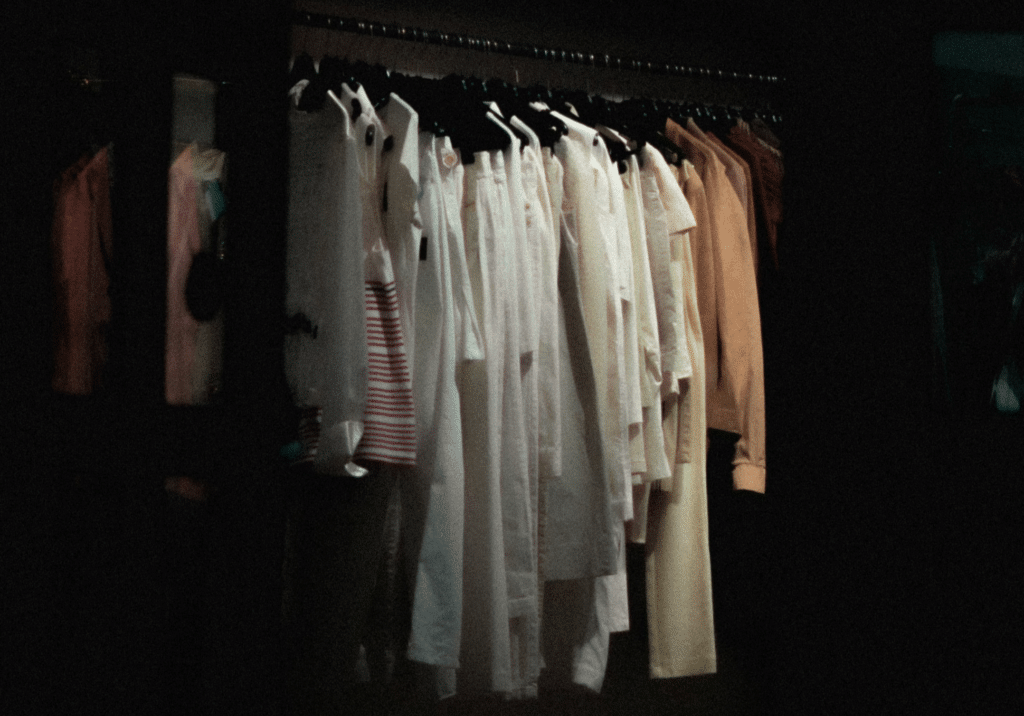Fifteen years after Barbie creator Mattel first initiated a $1 billion-plus legal fight against rival toy company MGA Entertainment over its popular Bratz dolls, MGA has asked a California state court of appeals to reinstate a more recently-filed trade secret lawsuit that a district court dismissed in February 2018, thereby, ushering out of court MGA’s claims that Mattel employees had engaged in a nearly decade-long scheme of “willfully and deliberately misrepresenting themselves” in order to gain entry into MGA’s showrooms, and steal its valuable trade secret information.
A plea from legal counsel for MGA to a California state appeals court last week, as first reported by Law360, is the latest development in a long-running case that got its start in 2004 when Mattel filed suit against former employee Carter Bryant. Not just any former employee, during his tenure at Mattel, Bryant came up with the idea and the initial design for Bratz – the edgy, fashion-forward Barbie alternatives that, at the height of their success in 2005, would generated more than $1 billion in annual sales for MGA – before jumping ship to MGA and taking the concept with him. After settling the suit it filed against Bryant in 2008, Mattel set its sights on MGA, filing a separate suit against and seeking a whopping $1 billion in damages and exclusive rights in the entire Bratz brand.
By the summer of 2010, Mattel and MGA had been through one trial and were fresh off of an appeal before the U.S. Court of Appeals for the Ninth Circuit when MGA upped the ante. The Southern California-based toy company lodged a new claim against Mattel, asserting that for years its much larger rival has enlisted its employees to “print up fake business card” and so “lie their way into the private showrooms of their competitors” in order to steal valuable and confidential business information (i.e., trade secrets), such as unreleased product concepts and marketing plans. One of those competitors was MGA, the company claimed in matching the trade secret misappropriation claim that Mattel was asserting against it with a trade secret misappropriation claim of its own.
MGA initially proved successful with its newly-added trade secret claim. In a second trial in 2011, the jury found that Mattel had failed to prove that MGA had stolen its trade secrets, and that – actually – Mattel was the one that had acted “willfully and maliciously” in stealing trade secrets from MGA. As a result, the court ordered Mattel to pay its bitter rival more than $309 million in damages and attorney’s fees. However, the appeals court later cut the damages award in half, holding that “the trial judge was wrong to have allowed the jury to consider MGA’s counterclaims because they were unrelated to Mattel’s initial lawsuit,” and further down the road, the federal district court tossed out MGA’s trade secret claim altogether.
That did not put an end to MGA’s trade secret claim, though. Because the court dismissed the claim without prejudice, MGA simply looked to a California state court and filed a brand new lawsuit, or as it called it in a January 2014 press release, “a major trade secret theft lawsuit against Mattel Inc.,” in which it was seeking damages of at least $1 billion.
MGA asserted in the new suit that “for years, acting at the express instructions of the company’s executives, Mattel employees in its so-called ‘Market Intelligence Department’ deliberately and systematically stole MGA’s trade secrets.” In accordance with “express instructions” set out in Mattel’s “11-page ‘how-to-steal’ manual,” the company’s employees “created false identities by printing fake business cards; used Mattel’s accounting department to create mocked-up invoices as ‘evidence’ of their fictional businesses to gain access to MGA’s private showrooms; and purchased small video recorders (paid for by Mattel) and cameras to photograph and videotape what they saw in those private showrooms.”
According to MGA, “This allowed Mattel to obtain highly confidential information about [its] designs, price lists and marketing plans for unannounced future products in the highly popular Bratz line.”
Mattel moved for summary judgment in July 2017, arguing that MGA’s “level of suspicion [in 2007] that Mattel was possibly stealing its trade secrets” paired with the fact that MGA’s allegations in the case at hand are supported by evidence that “dates back as far as 2003” was enough to start the clock on California’s 3-year statute of limitations on bringing claims under the its Uniform Trade Secrets Act, thereby, making MGA’s January 2014 lawsuit untimely.
And the court agreed, granting Mattel’s summary judgment motion in February 2018, and tossing the case out of court. That would not last long, as in late April, MGA filed a Notice of Appeal of the judgment, and in a hearing last week, asked the court to revive the case, in large part because it claims that Mattel “fraudulently concealed critical, smoking-gun evidence that it improperly accessed MGA’s showrooms” in furtherance of its longstanding quest to steal proprietary information.
Meanwhile, in the midst of the contentious legal back-and-forth, CNN reported in June that on the heels of MGA first approaching Mattel with a merger offer in the spring of 2015 and again in 2017, both of which Mattel refused, MGA made another attempt this past May, only to be turned down again.
UPDATED (October 31, 2019): In a decision issued on Wednesday, a California state appeals court refused to revive the case, holding that MGA’s trade secret claims are, in fact, barred by California’s three-year statute of limitations for trade secret claims.











